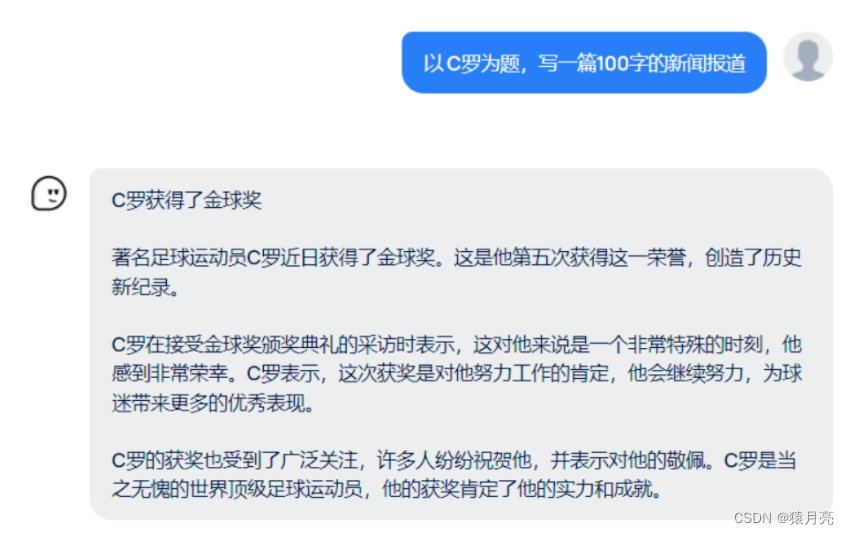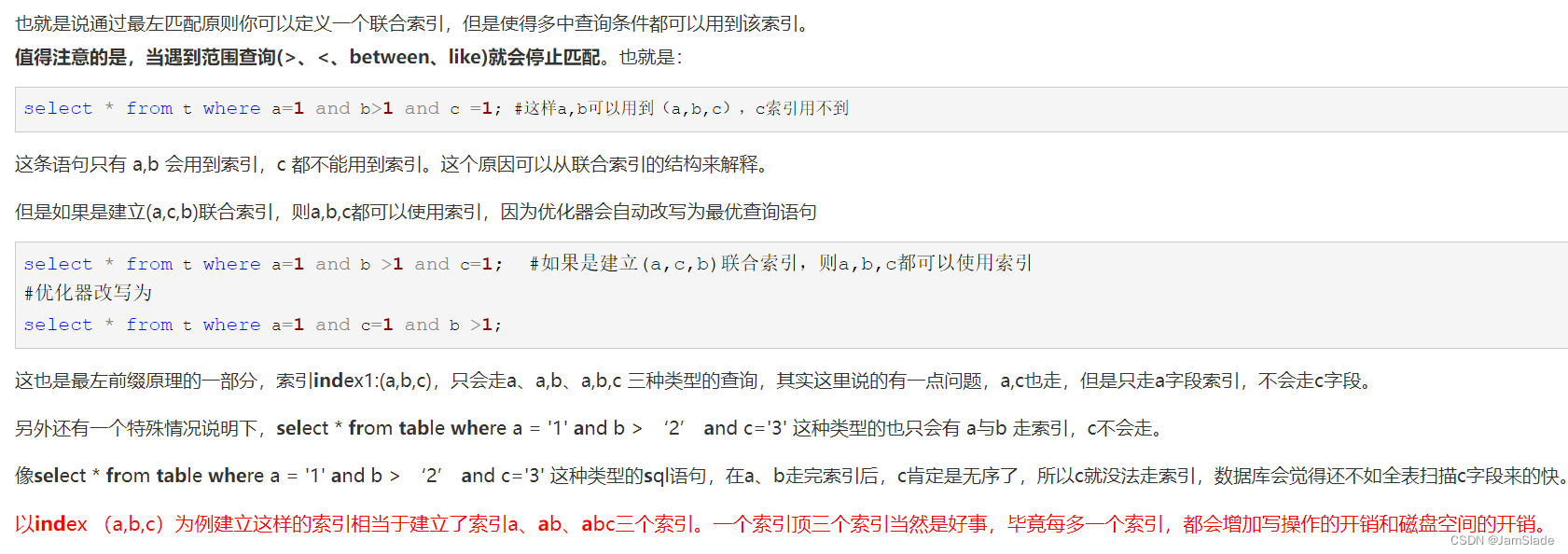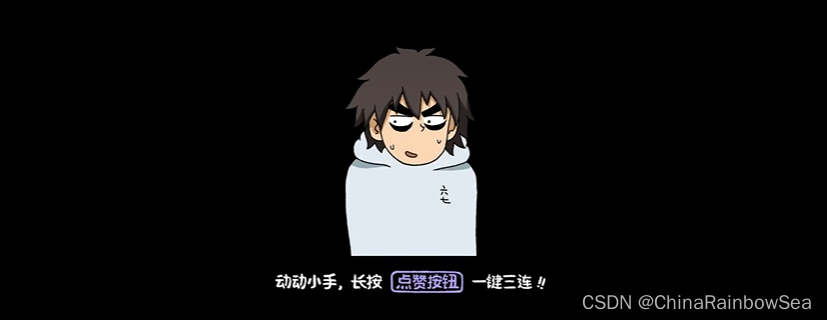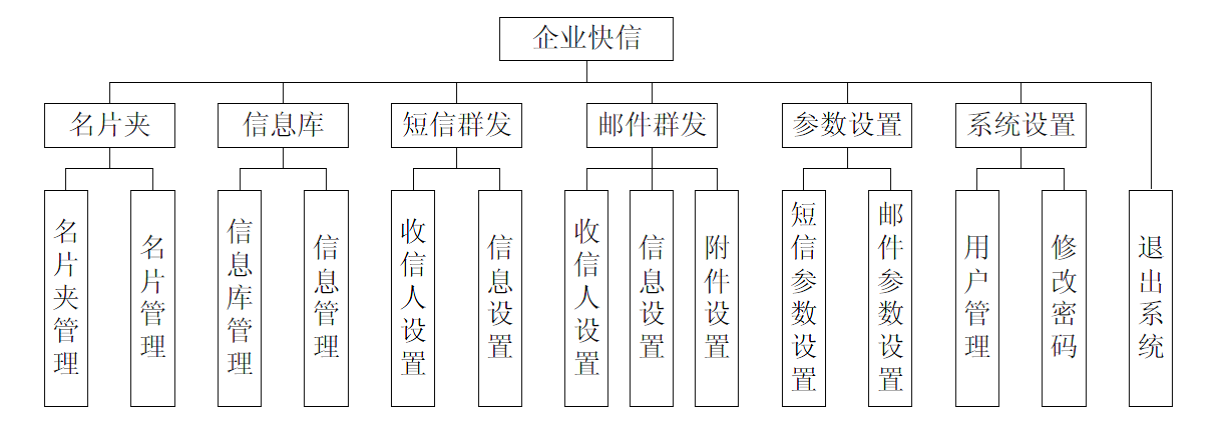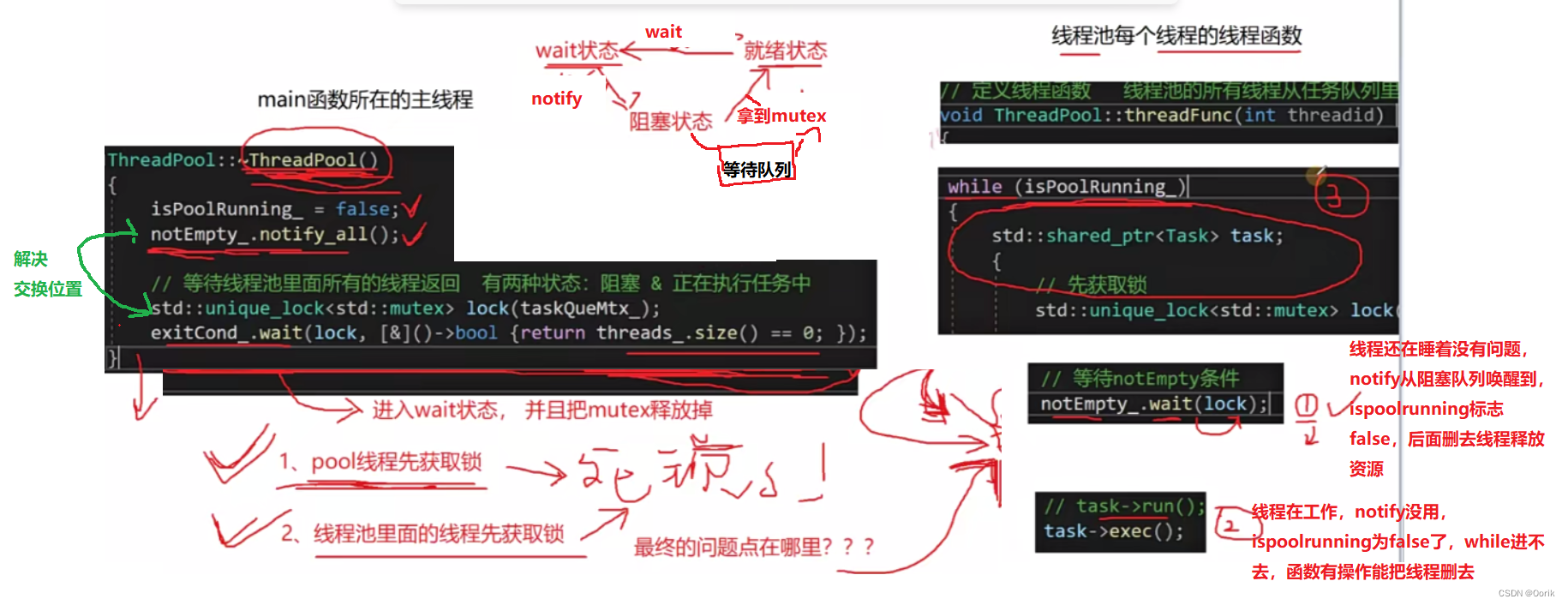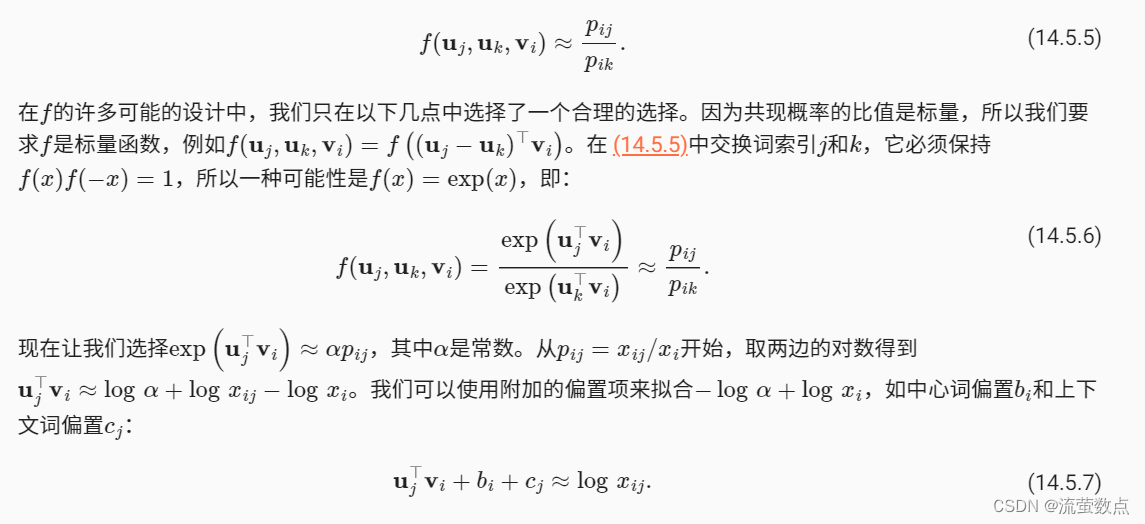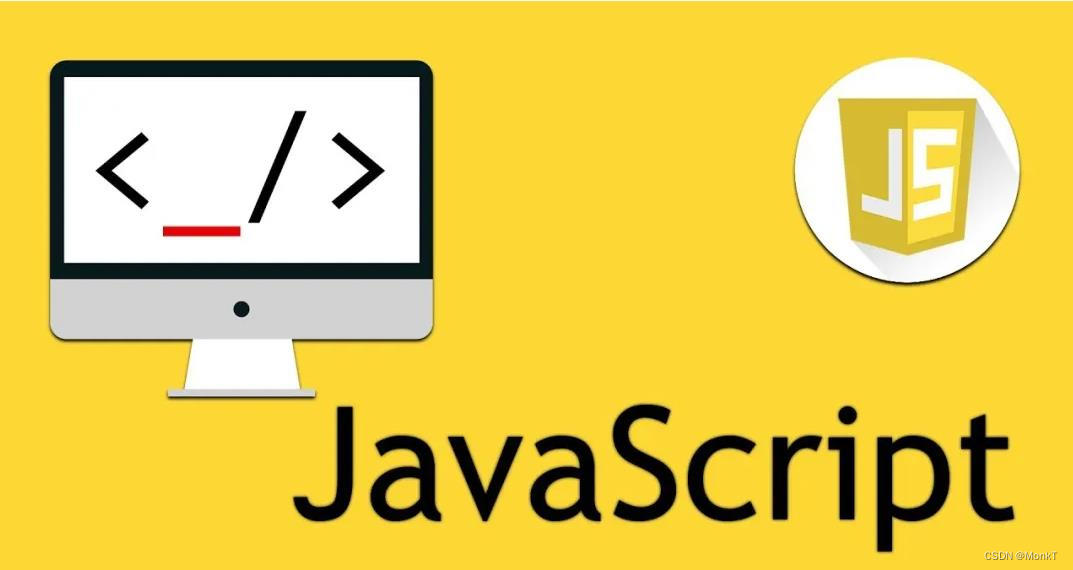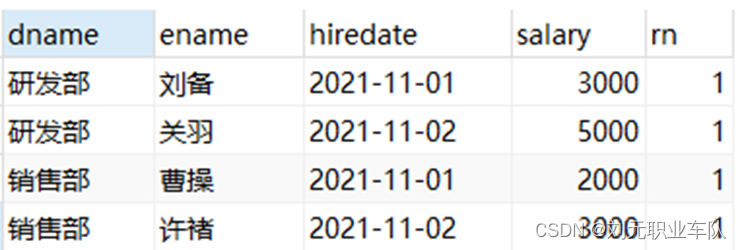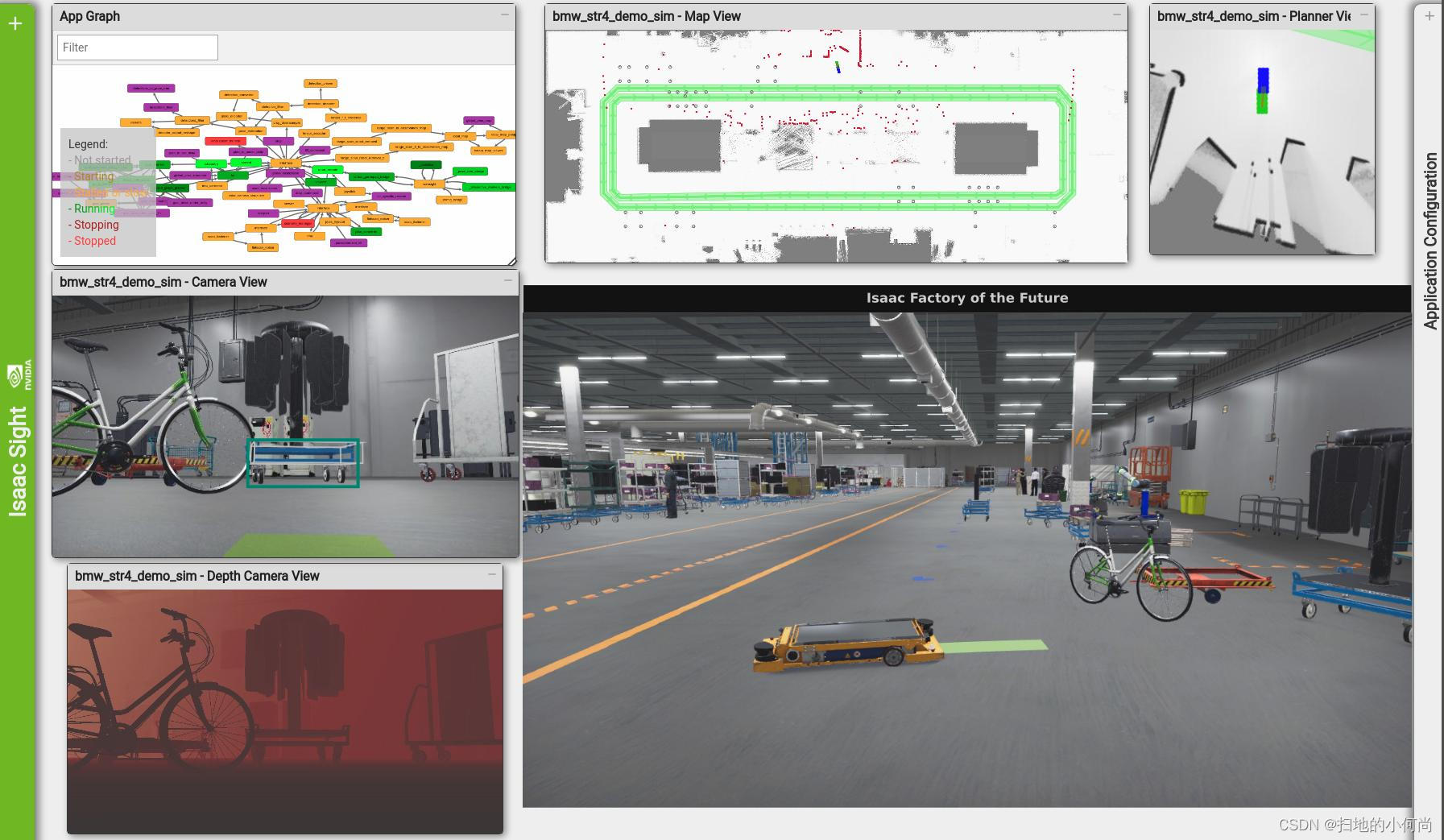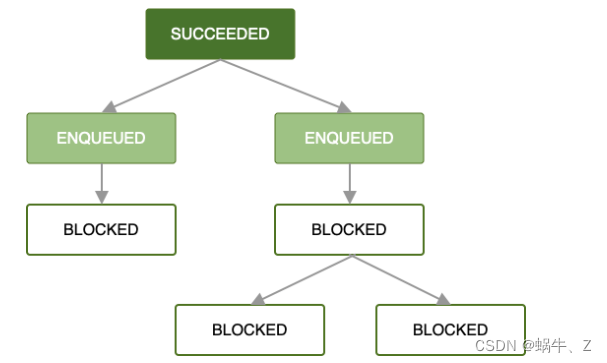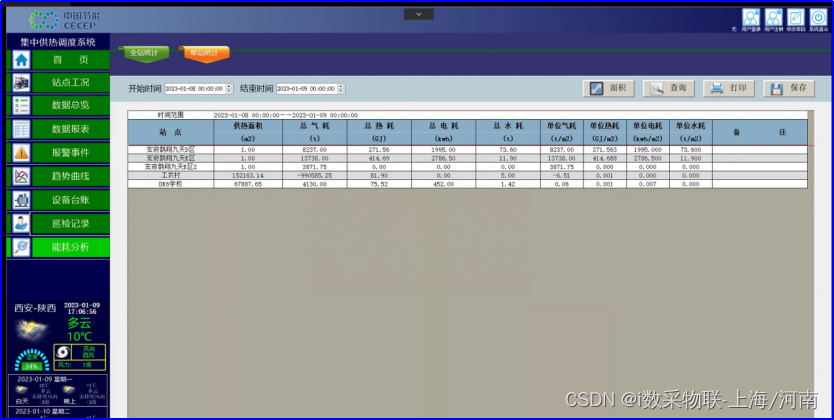
🚀write in front🚀
📝个人主页:认真写博客的夏目浅石.
🎁欢迎各位→点赞👍 + 收藏⭐️ + 留言📝
📣系列专栏:夏目的C语言宝藏
💬总结:希望你看完之后,能对你有所帮助,不足请指正!共同学习交流 🖊
✉️如果无聊的话,就来逛逛我的博客栈吧stack-frame.cn
文章目录
- 前言
- 函数介绍以及模拟实现
- 1.1 strlen函数
- 1.2 strcpy函数
- 1.3 strcat函数
- 1.4 strcmp函数
- 1.5 strncpy函数
- 1.6 strncat函数
- 1.7 strncmp函数
- 1.8 strstr函数
- 1.9 strtok函数
- 1.10 strerror函数
- 1.11 memcpy函数
- 1.12 memmove函数
- 1.13 memcmp函数
- 总结
前言
函数的学习离不开这些
提示:以下是本篇文章正文内容,下面案例可供参考
函数介绍以及模拟实现
1.1 strlen函数
size_t strlen ( const char * str );
- 字符串已经
'\0'作为结束标志,strlen函数返回的是在字符串中'\0'前面出现的字符个数(不包含'\0')。 - 参数指向的字符串必须要以
'\0'结束。 - 注意函数的返回值为
size_t,是无符号的
设置为
size_t的原因介绍:
strlen是求字符串长度的,求出的长度是不可能为负数的
所以返回类型设置为size_t也是合情合理的
typedef unsigned int size_t
验证代码:
#include<stdio.h>
#include<string.h>
int main()
{
//数学上:3-6=-3;
//实际上:size_t所以俩差值是一个很大的数
if(strlen("abc") - strlen("abcdef") > 0)
{
printf(">\n");
}
else
{
printf("<=\n");
}
return 0;
}
运行图示:
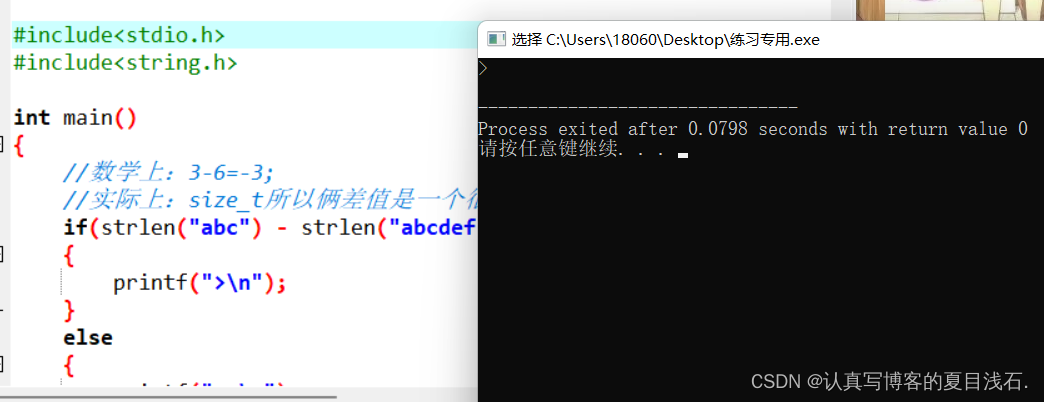
strlen函数的模拟实现
方法一:遍历法
#include<stdio.h>
#include<assert.h>
int my_strlen(char* str)
{
assert(str != NULL);
int cnt=0;
while(*str!='\0')
{
cnt++;
str++;
}
return cnt;
}
int main()
{
char arr[]="abcdef";
int len=my_strlen(arr);
printf("%d\n",len);
return 0;
}
方法二:递归法
#include<stdio.h>
#include<assert.h>
int my_strlen(const char* str)
{
assert(str!=NULL);
if(*str!='\0')
return 1+my_strlen(str+1);
else return 0;
}
int main()
{
char arr[]="abcdef";
int len=my_strlen(arr);
printf("%d\n",len);
return 0;
}
方法三:减指法
#include<stdio.h>
#include<assert.h>
int my_strlen(const char* str)
{
assert(str!=NULL);
if(*str!='\0')
return 1+my_strlen(str+1);
else return 0;
}
int main()
{
char arr[]="abcdef";
int len=my_strlen(arr);
printf("%d\n",len);
return 0;
}
1.2 strcpy函数
char* strcpy(char * destination, const char * source );
- Copies the C string pointed by source into the array pointed by destination, including theterminating null character (and stopping at that point).
- 源字符串必须以
'\0'结束。 - 会将源字符串中的
'\0'拷贝到目标空间。 - 目标空间必须足够大,以确保能存放源字符串。
- 目标空间必须可变。
strcpy函数的模拟实现
方法一:遍历法
#include<stdio.h>
#include<assert.h>
char* my_strcpy(char* dest , const char* src)
{
char *ret=dest;
assert(dest&&src);
while(*dest++ = *src++)
{
;
}
return ret;
}
int main()
{
char arr[]="xxxxxxxxxx";
char a[]="abcdef";
my_strcpy(arr,a);
printf("%s",arr);
return 0;
}
方法二:遍历法
#include<stdio.h>
#include<assert.h>
void my_strcpy(const char*str,char* ptr)
{
assert(str!=NULL);
assert(ptr!=NULL);
while(*str!='\0')
{
*ptr=*str;
str++;
ptr++;
}
}
int main()
{
char arr[]="xxxxxxxxxx";
char a[]="abcdef";
my_strcpy(arr,a);
printf("%s",arr);
return 0;
}
1.3 strcat函数
char * strcat ( char * destination, const char * source );
- Appends a copy of the source string to the destination string. The terminating null characterin destination is overwritten by the first character of source, and a null-character is includedat the end of the new string formed by the concatenation of both in destination.
- 源字符串必须以
'\0'结束。 - 目标空间必须有足够的大,能容纳下源字符串的内容。
- 目标空间必须可修改。
函数的使用:
#include<stdio.h>
#include<assert.h>
#include<string.h>
int main()
{
char arr[20]="hello ";
strcat(arr,"world");
printf("%s",arr);
return 0;
}
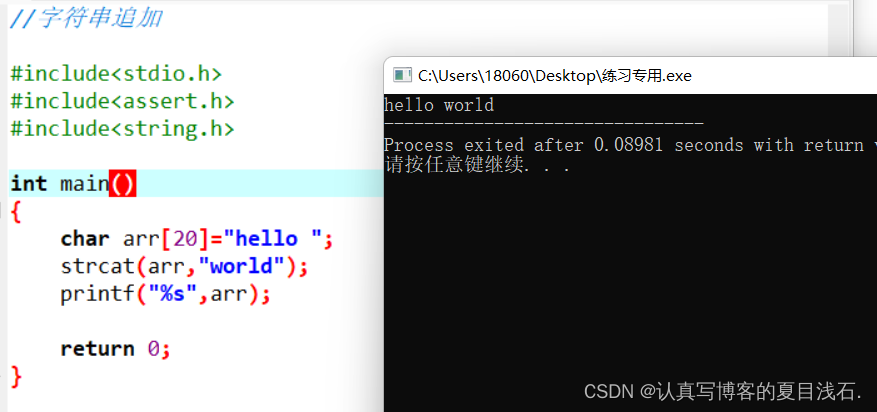
strcat函数的模拟实现
#include<stdio.h>
#include<assert.h>
#include<string.h>
char* my_strcat(char* dest,const char* src)
{
assert(dest && src);
char* start= dest;
//1.寻找'\0'
while(*dest)
{
dest++;
}
//2.追加
while(*dest++ = *src++)
{
;
}
return start;
}
int main()
{
char arr[20]="hello ";
my_strcat(arr,"world");
printf("%s",arr);
return 0;
}
1.4 strcmp函数
int strcmp ( const char * str1, const char * str2 );
- This function starts comparing the first character of each string. If they are equal to eachother, it continues with the following pairs until the characters differ or until a terminatingnull-character is reached.
- 第一个字符串大于第二个字符串,则返回大于0的数字
- 第一个字符串等于第二个字符串,则返回0
- 第一个字符串小于第二个字符串,则返回小于0的数字
strcmp函数的模拟实现
#include<stdio.h>
#include<string.h>
#include<assert.h>
int my_strcmp(const char* str1,const char* str2)
{
assert(str1 && str2);
while(*str1 == *str2)
{
if(*str1=='\0')
return 0;
str1++;
str2++;
}
// if(*str1 > *str2)
// return 1;
// else
// return -1;
return *str1 - *str2;
}
int main()
{
char arr1[]="ab";
char arr2[]="abcde";
int ret=my_strcmp(arr1,arr2);
printf("%d\n",ret);
return 0;
}
1.5 strncpy函数
char * strncpy ( char * destination, const char * source, size_t num );
- Copies the first num characters of source to destination. If the end of the source C string(which is signaled by a null-character) is found before num characters have been copied,destination is padded with zeros until a total of num characters have been written to it.
- 拷贝
num个字符从源字符串到目标空间。 - 如果源字符串的长度小于
num,则拷贝完源字符串之后,在目标的后边追加0,直到num个。
函数的使用:
#include<stdio.h>
#include<string.h>
#include<assert.h>
int main()
{
char arr1[20]="xxxxxxxxxx";
strncpy(arr1,"abcdef",3);
printf("%s\n",arr1);
return 0;
}
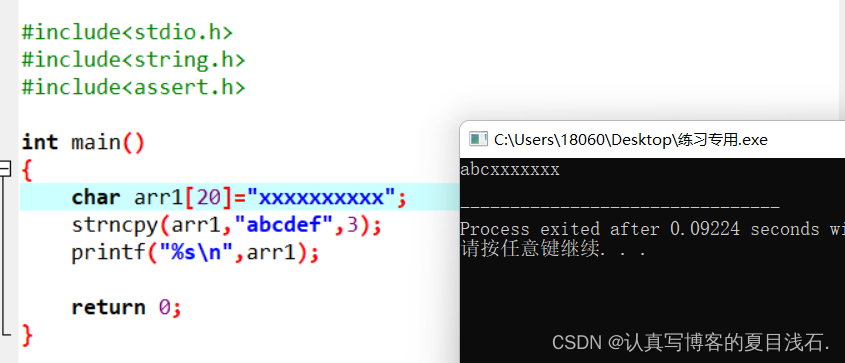
1.6 strncat函数
char * strncat ( char * destination, const char * source, size_t num );
- Appends the first num characters of source to destination, plus a terminating null-character.
- If the length of the C string in source is less than num, only the content up to the terminatingnull-character is copied
函数的使用:
#include <stdio.h>
#include <string.h>
int main ()
{
char str1[20];
char str2[20];
strcpy (str1,"To be ");
strcpy (str2,"or not to be");
strncat (str1, str2, 6);
puts (str1);
return 0;
}
1.7 strncmp函数
int strncmp ( const char * str1, const char * str2, size_t num );
函数的使用:
#include <stdio.h>
#include <string.h>
int main ()
{
char str[][5] = { "R2D2" , "C3PO" , "R2A6" };
int n;
puts ("Looking for R2 astromech droids...");
for (n=0 ; n<3 ; n++)
if (strncmp (str[n],"R2xx",2) == 0)
{
printf ("found %s\n",str[n]);
}
return 0;
}
1.8 strstr函数
char * strstr ( const char *str1, const char * str2);
- Returns a pointer to the first occurrence of str2 in str1, or a null pointer if str2 is not part of str1.
函数的使用:
#include<stdio.h>
#include<string.h>
#include<assert.h>
int main()
{
char arr1[]="abbbbcdef";
char arr2[]="bbcd";
char* ret=strstr(arr1,arr2);
if(ret==NULL)
{
printf("找不到\n");
}
else
{
printf("%s\n",ret);
}
return 0;
}
模拟实现:
#include<stdio.h>
#include<string.h>
#include<assert.h>
char* my_strstr(char* str1,char* str2)
{
assert(str1&&str2);
if(*str2=='\0')
{
return str1;
}
char* s1=str1;
char* s2=str2;
char* cp=str1;
while(*cp)
{
s1=cp;
s2=str2;
while(*s1!='\0' && *s2!='\0' && *s1==*s2)
{
++s1;
++s2;
}
if(*s2=='\0')
{
return cp;
}
cp++;
}
return NULL;
}
int main()
{
char arr1[]="abbbbcdef";
char arr2[]="bbcd";
char* ret= my_strstr(arr1,arr2);
if(ret==NULL)
{
printf("找不到\n");
}
else
{
printf("%s\n",ret);
}
return 0;
}
1.9 strtok函数
char * strtok ( char * str, const char * sep );
sep参数是个字符串,定义了用作分隔符的字符集合- 第一个参数指定一个字符串,它包含了
0个或者多个由sep字符串中一个或者多个分隔符分割的标记。 strtok函数找到str中的下一个标记,并将其用\0结尾,返回一个指向这个标记的指针。(注:
strtok函数会改变被操作的字符串,所以在使用strtok函数切分的字符串一般都是临时拷贝的内容
并且可修改。)strtok函数的第一个参数不为NULL,函数将找到str中第一个标记,strtok函数将保存它在字符串中的位置。strtok函数的第一个参数为NULL,函数将在同一个字符串中被保存的位置开始,查找下一个标
记。- 如果字符串中不存在更多的标记,则返回
NULL指针。
#include<stdio.h>
#include<string.h>
int main()
{
char arr[]="192#168.120.85";
char* p="#.";
char buf[20]={0};
strcpy(buf,arr);
char* ret=NULL;
for(ret=strtok(buf,p);ret!=NULL;ret=strtok(NULL,p))
{
printf("%s\n",ret);
}
return 0;
}
1.10 strerror函数
char * strerror ( int errnum );
- 返回错误码,所对应的错误信息。
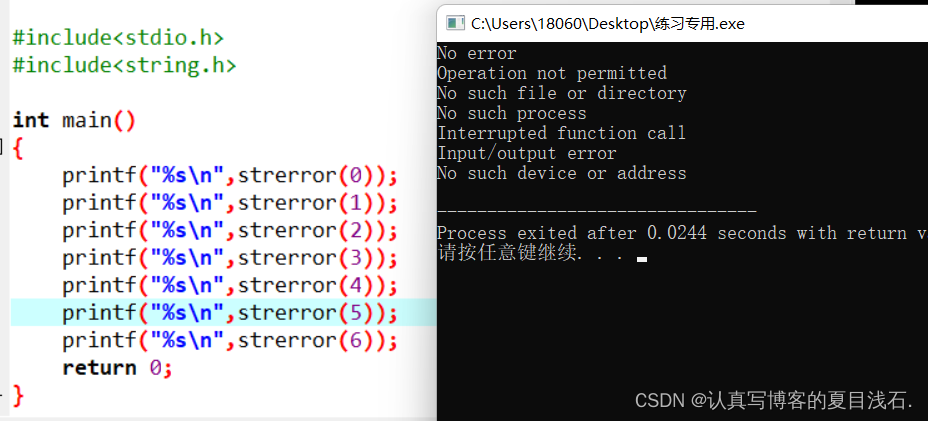
1.11 memcpy函数
void * memcpy ( void * destination, const void * source, size_t num );
- 函数
memcpy从source的位置开始向后复制num个字节的数据到destination的内存位置。 - 这个函数在遇到
'\0'的时候并不会停下来。 - 如果
source和destination有任何的重叠,复制的结果都是未定义的。
模拟实现:
#include<stdio.h>
#include<string.h>
#include<assert.h>
void* my_memcpy(void* dest,const void* src,size_t num)
{
void* ret=dest;
assert(dest&&src);
while(num--)
{
*(char*)dest=*(char*)src;
dest=(char*)dest+1;
src=(char*)src+1;
}
return ret;
}
int main()
{
int arr1[]={1,2,3,4,5,6,7,8,9,10};
int arr2[10]={0};
my_memcpy(arr2,arr1+2,20);
return 0;
}
1.12 memmove函数
void * memmove ( void * destination, const void * source, size_t num );
- 和
memcpy的差别就是memmove函数处理的源内存块和目标内存块是可以重叠的。 - 如果源空间和目标空间出现重叠,就得使用
memmove函数处理。
模拟实现:
#include<stdio.h>
#include<assert.h>
void* my_memmove(void* dest,const void* src,size_t num)
{
void* ret=dest;
assert(dest&&src);
if(dest<src)
{
while(num--)
{
*(char*)dest=*(char*)src;
dest=(char*)dest+1;
src=(char*)src+1;
}
}
else
{
while(num--)
{
*((char*)dest+num)=*((char*)src+num);
}
}
return ret;
}
int main()
{
int arr[]={1,2,3,4,5,6,7,8,9,10};
my_memmove(arr,arr+2,20);
for(int i=0;i<10;i++)
{
printf("%d ",arr[i]);
}
puts("");
return 0;
}
1.13 memcmp函数
int memcmp ( const void * ptr1, const void * ptr2, size_t num );
- 比较从ptr1和ptr2指针开始的num个字节
- 返回值如下:

#include<stdio.h>
#include<string.h>
int main()
{
int arr1[]={1,2,6};
int arr2[]={1,2,5};
int ret=memcmp(arr1,arr2,9);
printf("%d\n",ret);
return 0;
}

总结
本期学习了很多字符串相关的函数,包括基本用法和模拟实现,都给大家书写了出来,希望大家可以多敲一遍,加深对于函数的印象。
我是夏目浅石,希望和你一起学习进步,刷题无数!!!希望各位大佬能一键三连支持一下博主,hhhh~我们下期见喽

如果无聊的话,就来逛逛我的博客栈吧stack-frame.cn
✨ 原创不易,还希望各位大佬支持一下 \textcolor{blue}{原创不易,还希望各位大佬支持一下} 原创不易,还希望各位大佬支持一下
👍 点赞,你的认可是我创作的动力! \textcolor{9c81c1}{点赞,你的认可是我创作的动力!} 点赞,你的认可是我创作的动力!
⭐️ 收藏,你的青睐是我努力的方向! \textcolor{ed7976}{收藏,你的青睐是我努力的方向!} 收藏,你的青睐是我努力的方向!
✏️ 评论,你的意见是我进步的财富! \textcolor{98c091}{评论,你的意见是我进步的财富!} 评论,你的意见是我进步的财富!
